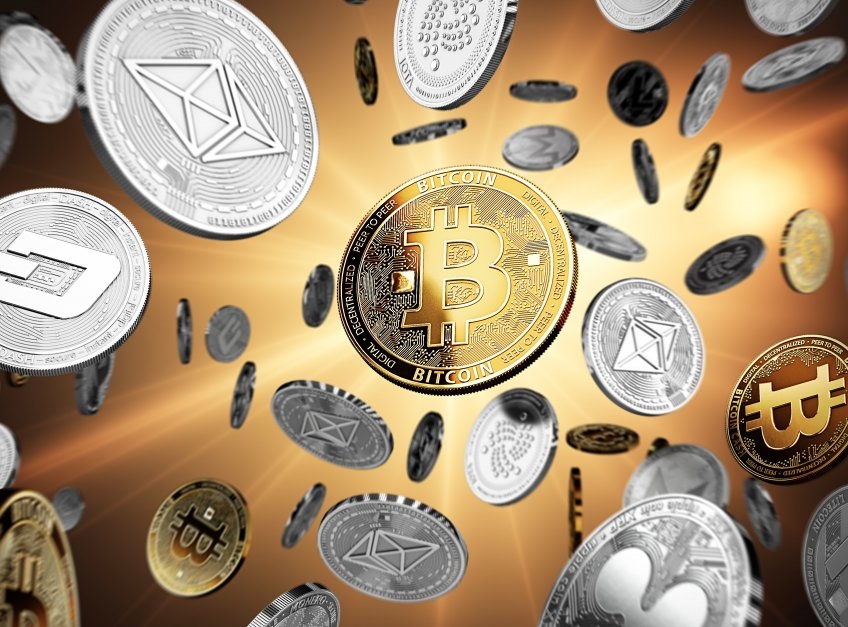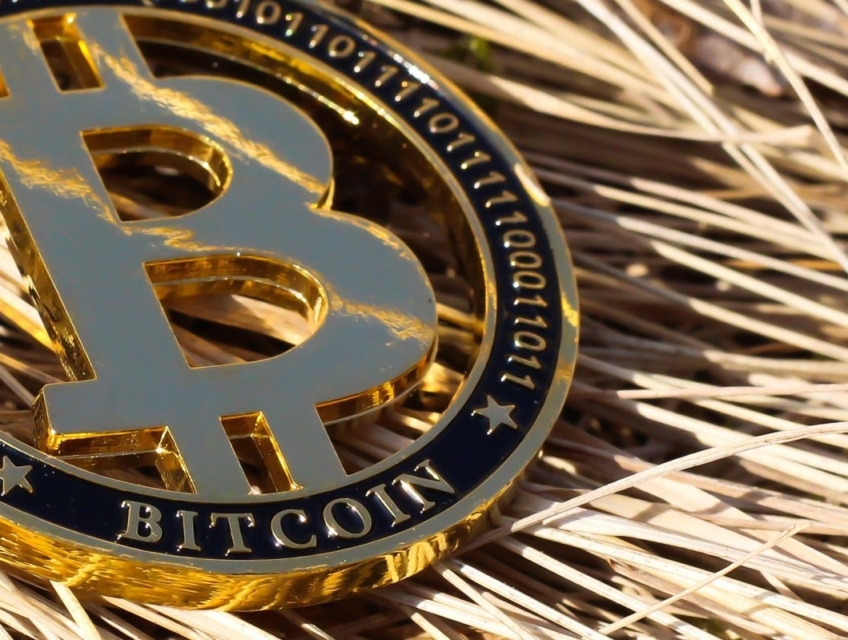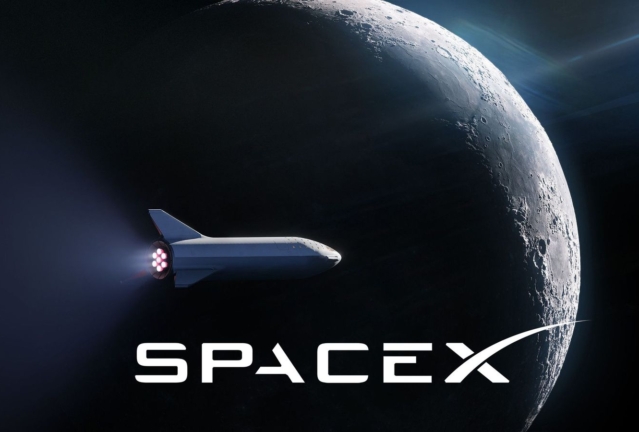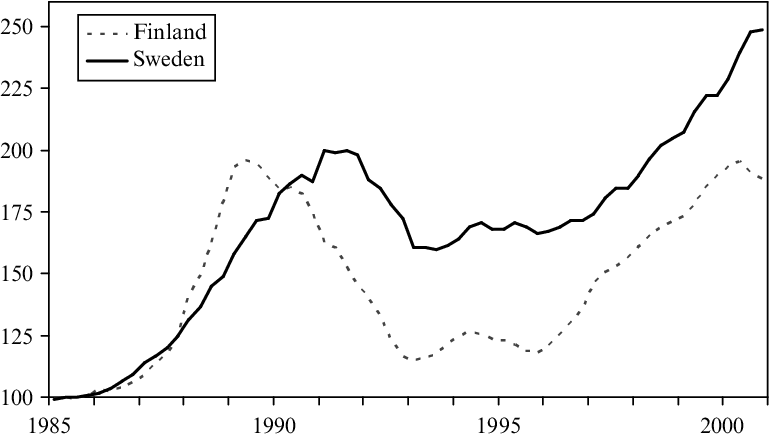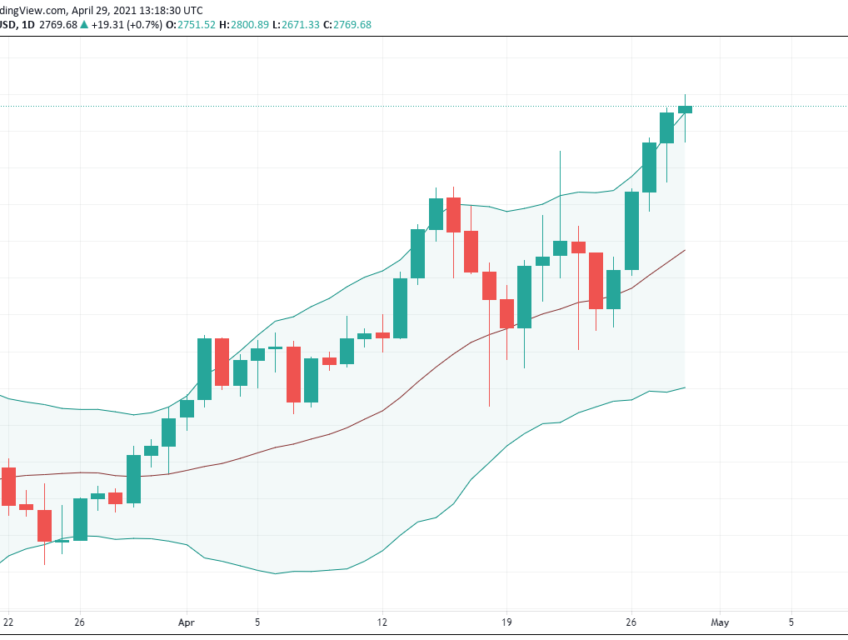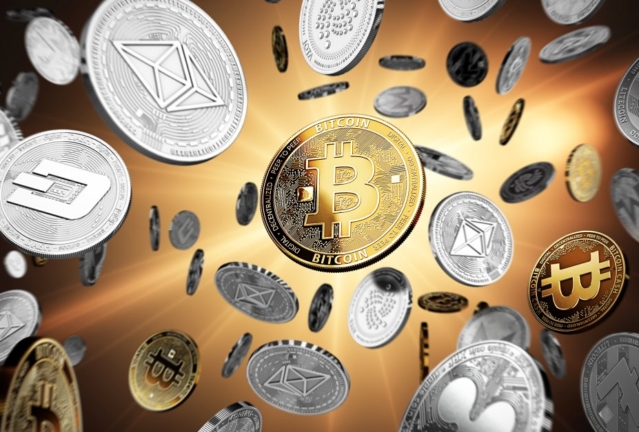
Pörssi Suomessa
Löydä kattavaa ja ajankohtaista tietoa osakehinnoista, joiden avulla voit tehdä tietoon perustuvia päätöksiä vaivattomasti. Olitpa sitten kokenut sijoittaja tai vasta aloittelemassa, tämä osio on arvokkaiden näkemysten aarreaitta Suomen markkinoista.
Osakkeet
Tallink Group, perustettu vuonna 1989, on virolainen lauttayhtiö, joka on kasvanut Itämeren alueen johtavaksi matkustaja- ja rahtiliikenteen tarjoajaksi. Yhtiön pääkonttori sijaitsee Tallinnassa, Virossa....
Nestlé, perustettu vuonna 1866 Henri Nestlén toimesta, on maailman suurin ruoka- ja juomayritys, jonka pääkonttori sijaitsee Veveyssä, Sveitsissä. Yritys on tunnettu laaja-alaisesta tuotevalikoimastaan,...
Castellum on yksi johtavista kiinteistöalan yrityksistä Pohjoismaissa, perustettu vuonna 1993. Yhtiön pääkonttori sijaitsee Göteborgissa, Ruotsissa. Castellum keskittyy kaupallisten kiinteistöjen, kuten toimistojen, varastojen ja...
Space Exploration Technologies Corp., tunnettu nimellä SpaceX, on yksityinen amerikkalainen avaruuslentoyhtiö, jonka perusti Elon Musk vuonna 2002. Yhtiön päämääränä on vähentää avaruusmatkailun kustannuksia...
Gazprom, perustettu vuonna 1989, on maailman suurimpia maakaasun tuottajia ja Venäjän valtion enemmistöomistama energia-alan yritys. Yhtiön pääkonttori sijaitsee Moskovassa, Venäjällä. Gazprom on keskeinen...
Forex
Uutiset
Nettikasinoiden kiehtova maailma on kokenut melkoisia mullistuksia viimeisten vuosien aikana. Kehitys on ollut hurjaa, kun markkinoille on tullut mitä uudenlaisempia teknologioita ja niiden...
Skinit ovat olleet osa huippusuosittua Counter-Strike-ammuntapeliä vuodesta 2013 lähtien. Ne ovat erityisen koristeellisia virtuaaliaseita ja- puukkoja, joita löytyy pääasiassa yllätyslaatikoista. CS-pelissä skineillä on vain...
Kryptovaluutat tarjoavat käyttäjille mahdollisuuden siirtää varoja turvallisesti ja melko nopeasti. Ne tarjoavat myös anonyymiyttä, sillä osapuolten henkilöllisyyksiä ei välttämättä paljasteta. Kryptovaluutat ovat houkutelleet...




